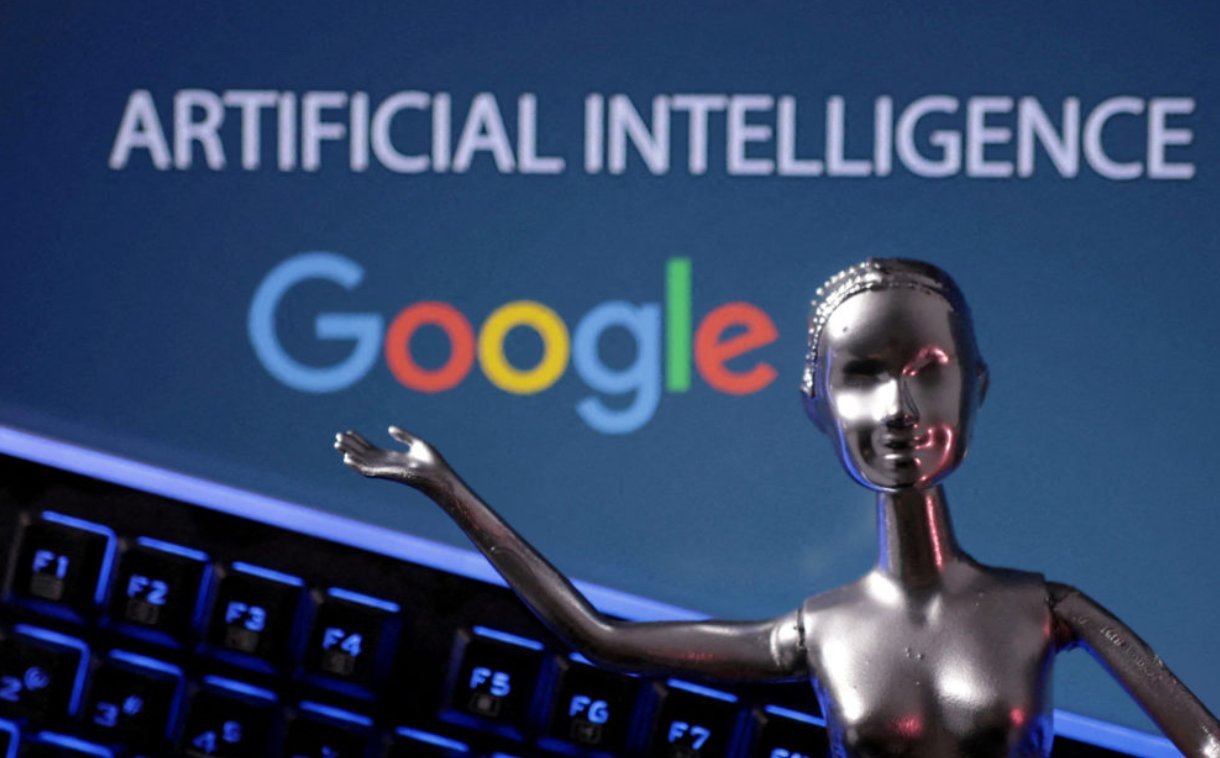Google’s SGE Search AI, an advanced tool designed to streamline the process of information retrieval, has been found to absorb and inaccurously interpret false AI-generated data as valid information. This technological quandary raises a significant concern surrounding the reliability and credibility of such AI systems. Artificial Intelligence, despite its precision and efficiency, remains susceptible to the incorporation of incorrect information, often emanating from other AI-generated content.
This poses a potential risk, as the SGE Search AI might consequently disseminate false or misleading data to users, thereby compromising the accuracy of search results. The issue further heightens when considering the immense influence and widespread use of Google’s search engine across the globe. The propagation of misinformation can lead to substantial misinterpretations and misconceptions, causing a ripple effect of unintended consequences. It is therefore crucial to continually refine and improve the AI system’s ability to discern between accurate and false information.
This incident underscores the need for enhanced mechanisms to verify the veracity of AI-generated data, preventing the circulation of misinformation. It also emphasizes the importance of creating a robust framework that allows AI systems to critically evaluate the information they consume, thereby ensuring the reliability and trustworthiness of AI tools like Google’s SGE Search AI.

Analyzing the AI’s Performance: When Advanced Technology Falls Short
Analyzing the performance of artificial intelligence (AI) entails a thorough exploration of the instances where this advanced technology falls short. Despite the remarkable strides made in the AI industry, there are still cases where AI fails to meet expectations. We have seen AI struggle with complex tasks that involve creative thinking or critical decision-making, which suggest a significant limitation in its capabilities. For instance, while an AI can sift through vast amounts of data and identify patterns more efficiently than any human could, it can struggle with interpreting the context or emotional undertones in a piece of text or conversation.
Similarly, while AI can perform routine tasks with precision, it may fail when the task demands flexibility and adaptation to changing circumstances. AI’s shortcomings can also be seen in the realm of ethics, where it often struggles to handle sensitive matters that require discernment and moral judgment. These instances indicate that despite its profound abilities, AI still has a long way to go in emulating the intricate facets of human intelligence and behavior. It’s essential to continually analyze AI’s performance and work on its limitations to refine its capabilities and ensure its productive integration into our daily lives and operations. While AI’s potential is immense, it’s equally important to recognize its limitations and work towards mitigating them.
Suggested Articles: Further Reading on AI Issues
The topic at hand, “Suggested Articles: Further Reading on AI Issues,” involves a comprehensive exploration of various issues surrounding artificial intelligence (AI). This realm of study offers a multitude of articles that delve into the intricacies and implications of AI technology, providing a well-rounded perspective on its current and potential impact on society. These articles examine numerous facets of AI, from ethical dilemmas to technical challenges, and from societal implications to potential solutions. They demystify AI technology, break down its complexity, and offer readers a deeper understanding of its capabilities and limitations. The reading suggestions encompass a broad range of views and debates on AI, including its influence on job markets, privacy concerns, and the role of AI in decision-making processes.
These articles also scrutinize the potential risks of AI, such as its susceptibility to biases, misuse, and errors, while simultaneously offering insights into the ongoing developments aimed at addressing these issues. Furthermore, they highlight the importance of transparency, accountability, and inclusivity in AI systems, fostering an environment conducive to productive discussions about the future of AI. The suggested readings also touch upon the necessity for robust frameworks and guidelines to ensure the safe and ethical use of AI. They provide a credible source of information for AI enthusiasts, researchers, policymakers, and the general public, promoting informed discourse on this advanced technology. These articles serve as essential resources for anyone interested in unraveling the complexities and controversies surrounding AI, ultimately contributing to a more nuanced understanding of this transformative technology.

Exploring More on Artificial Intelligence: Insights and Developments
Artificial Intelligence (AI) has been a subject of intrigue and fascination, continually opening new avenues for exploration and development. This dynamic field, rooted in complex mathematics and computer science, has experienced significant advancements, transforming numerous industries and reshaping our understanding of technological potential. The exponential growth of AI has given rise to sophisticated systems capable of performing tasks that usually require human intelligence. These tasks range from recognizing speech, interpreting complex data, learning from experience, and adapting to new inputs.
Recent trends in AI focus on deep learning, a subset of machine learning that uses neural networks with several layers – the so-called ‘deep’ neural networks. These networks mimic the human brain’s functions, enabling machines to process data in a more human-like way. As a result, they can recognize patterns, translate languages, and make decisions with a higher degree of accuracy.
The development of AI also fuels the growth of robotics. In the healthcare industry, for instance, AI-powered robots are being used to perform surgeries with precision, reducing the risk of human error. Similarly, in the automobile industry, self-driving cars are becoming a reality, powered by AI algorithms that enable them to perceive their environment and navigate roads safely.
Despite these advancements, AI also poses certain challenges that need to be addressed. These include data privacy concerns, potential job displacement due to automation, and the ethical implications of creating machines that could potentially surpass human intelligence. It is therefore critical to ensure a balanced approach to AI development, one that maximizes its benefits while mitigating its risks.
As we continue to explore the frontiers of AI, it becomes clear that this technology has the potential to redefine our future. Its profound impact on society and the economy underscores the importance of continued research and development in this field. The future of AI holds endless possibilities, promising innovations that could revolutionize our way of life.
